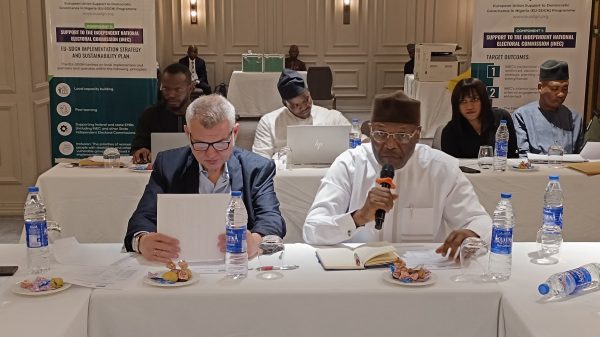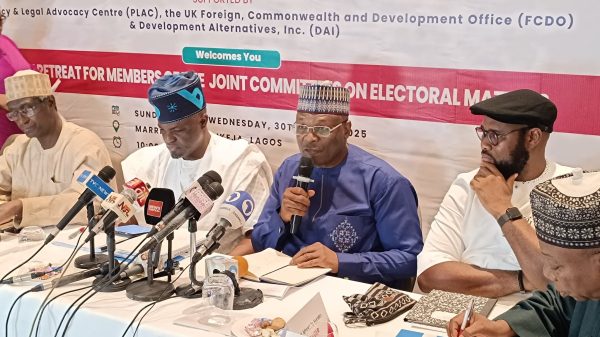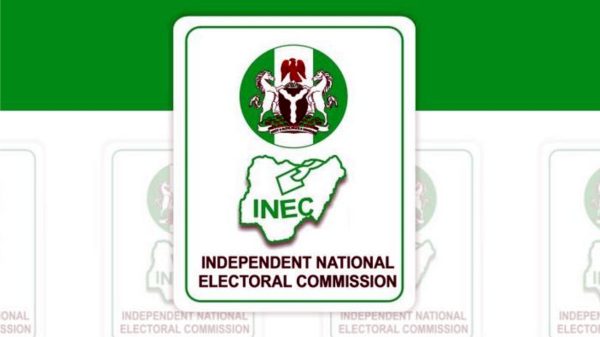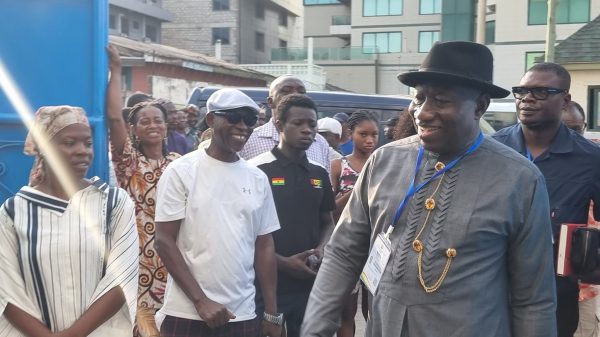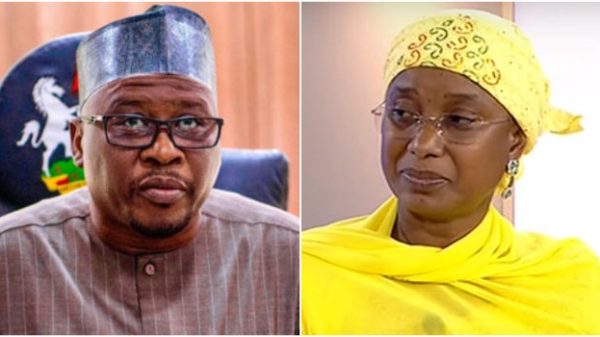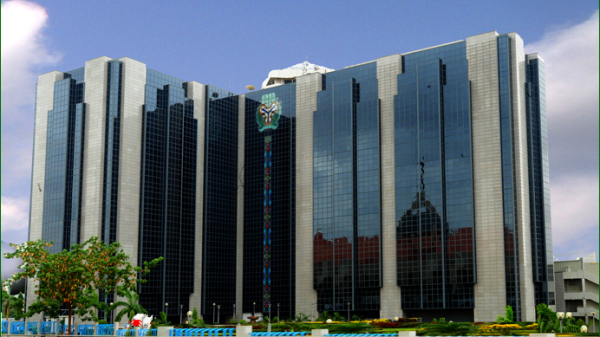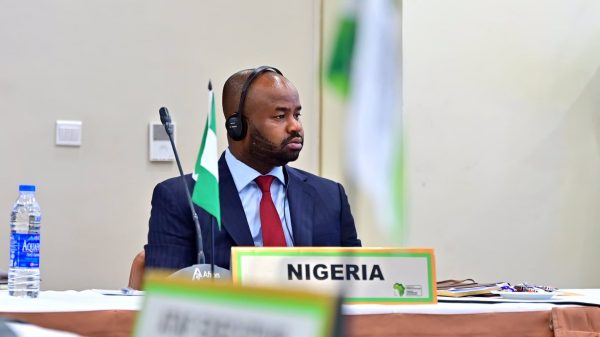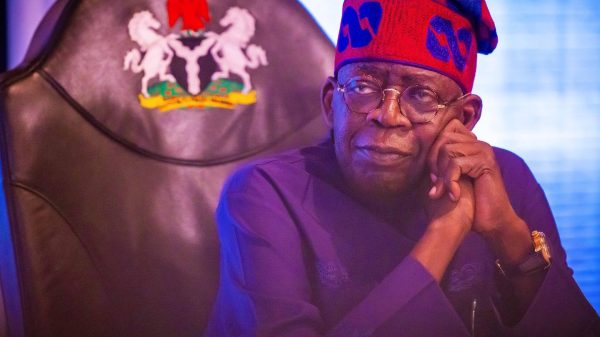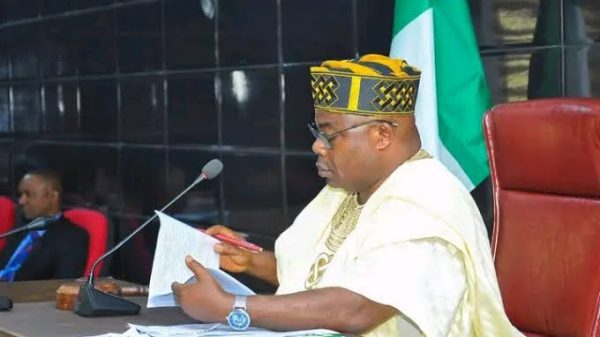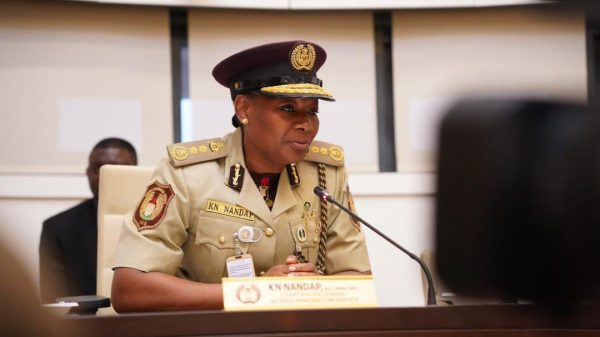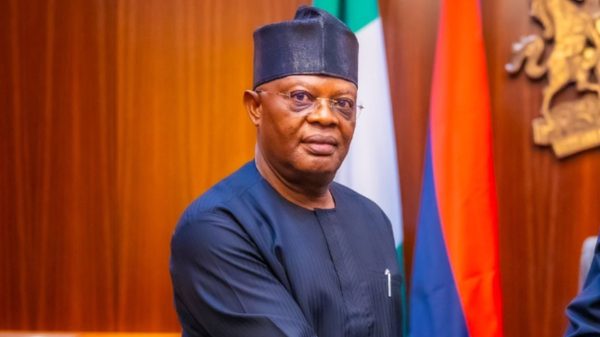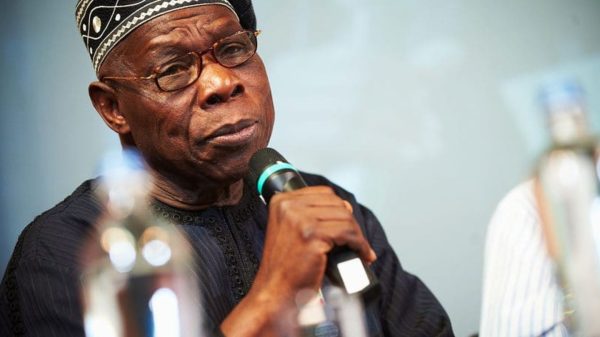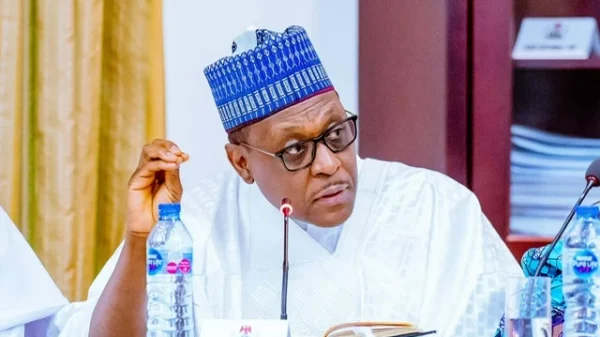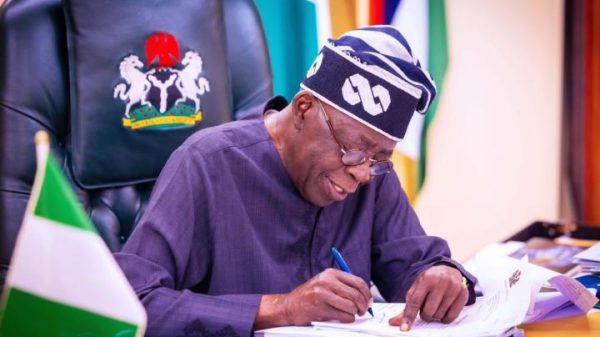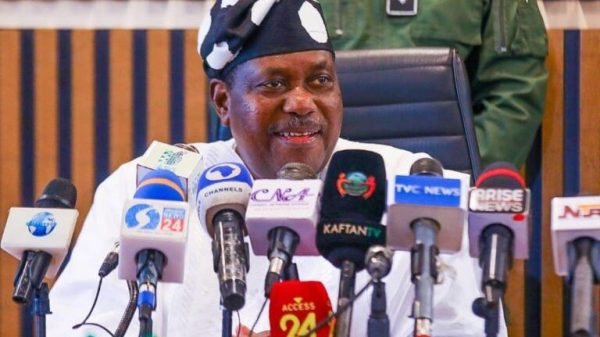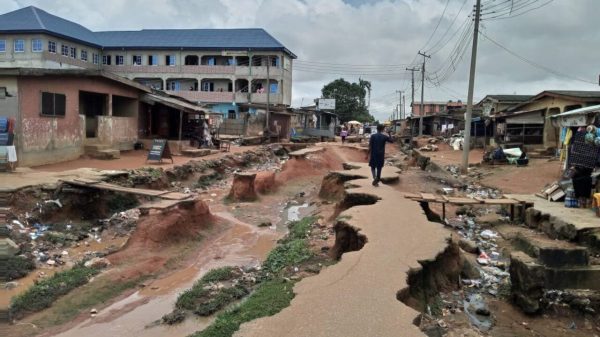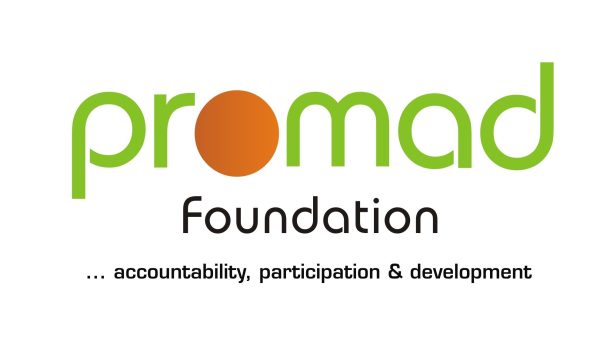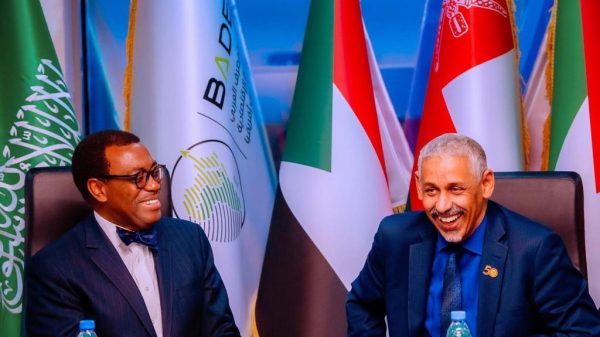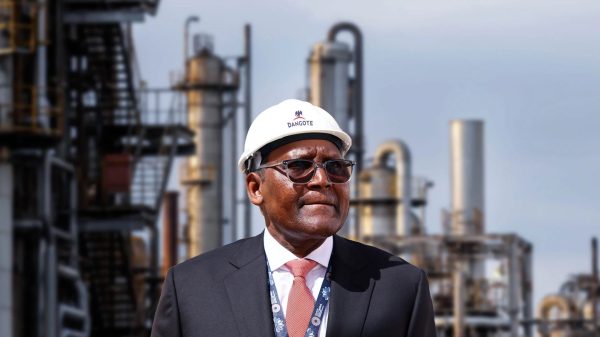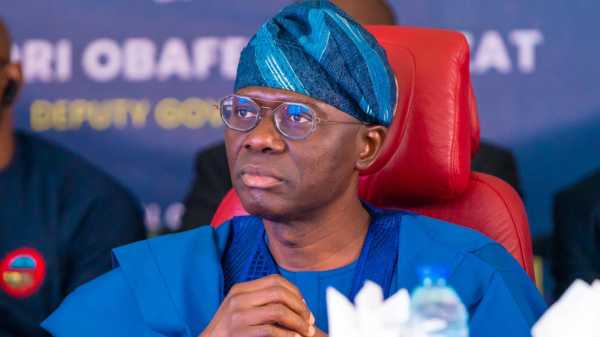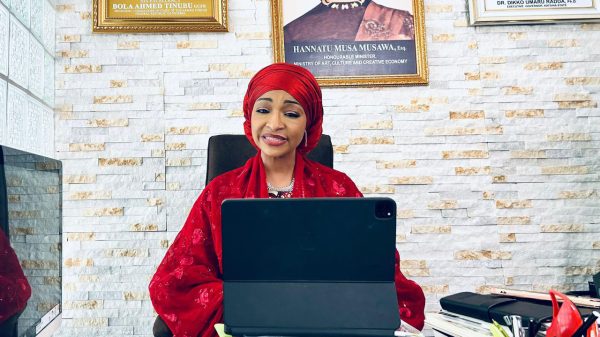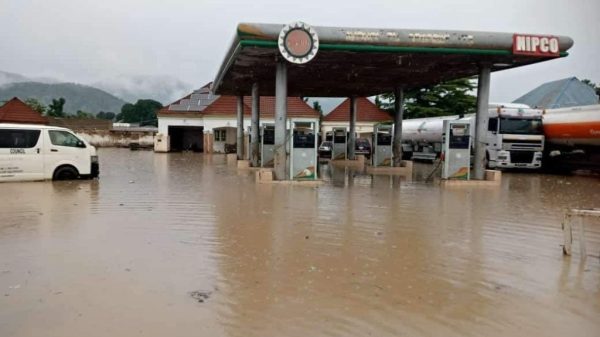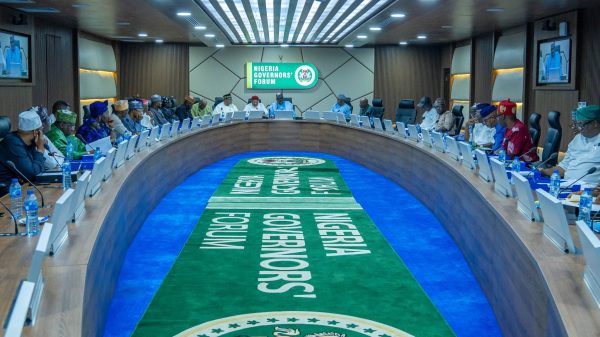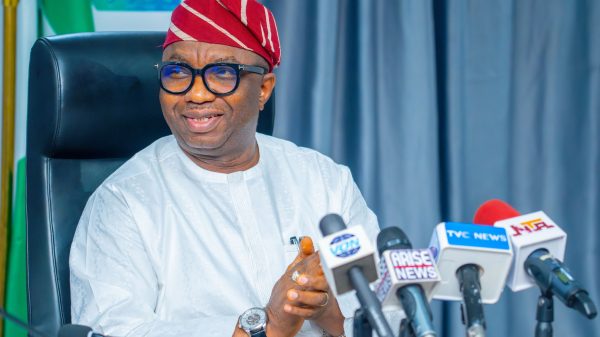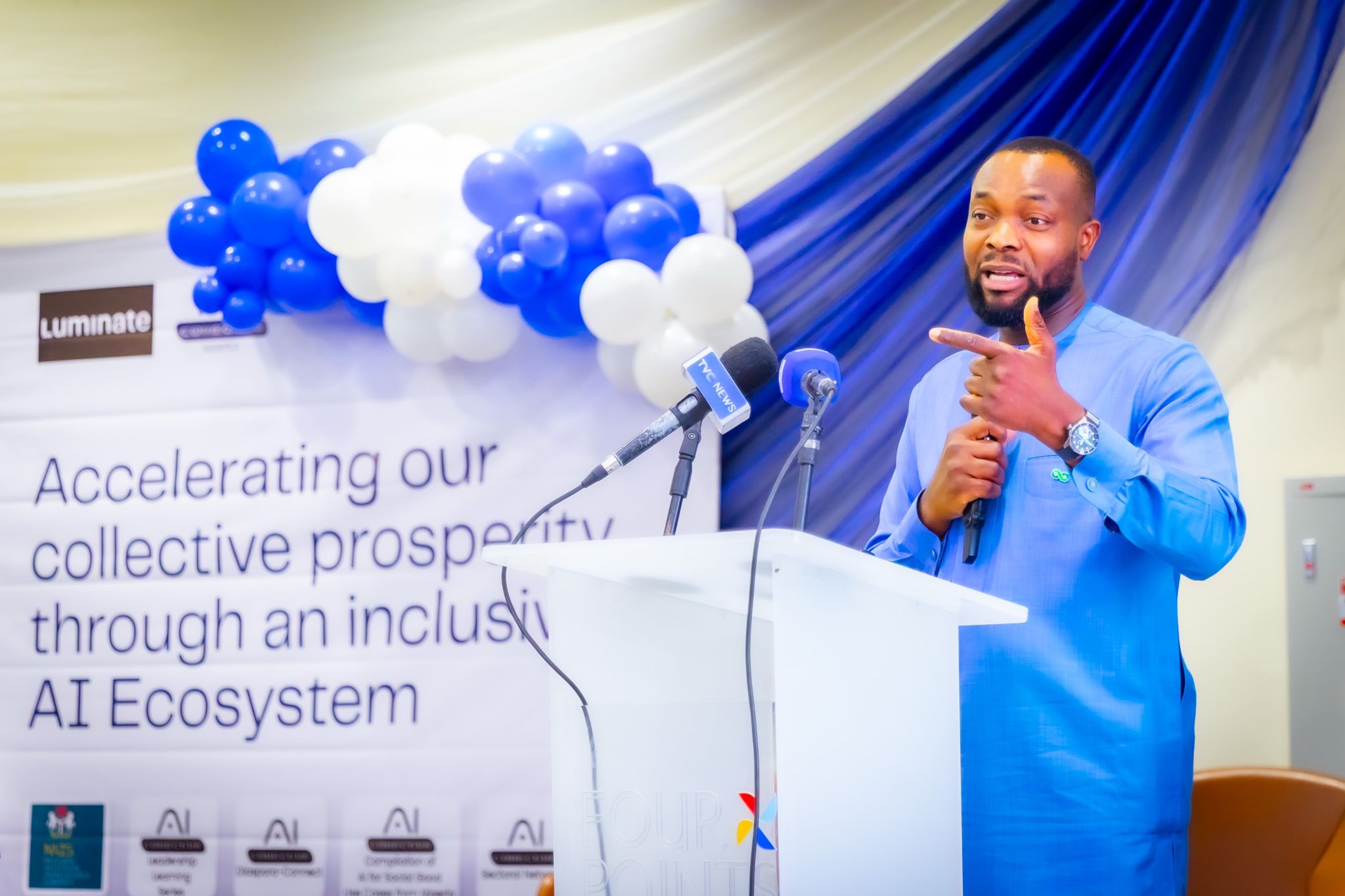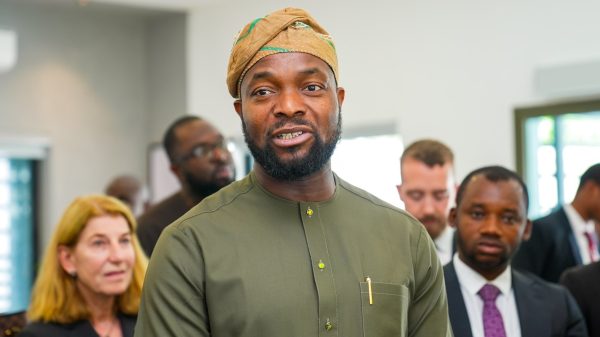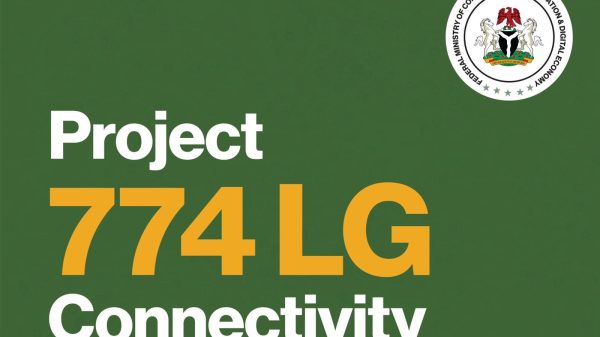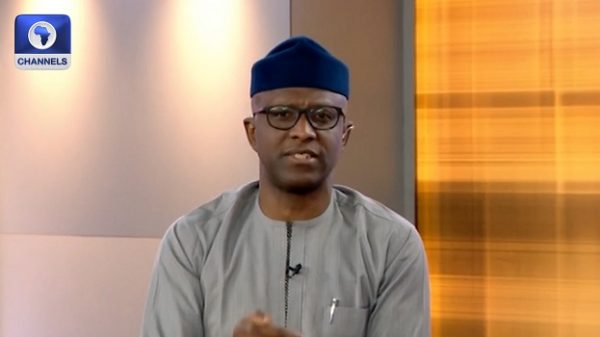Abuja, Nigeria
Bosun Tijani, Minister of Communications, Innovation and Digital Economy, says the country’s digital economy sector attracted $191 million in foreign direct investment (FDI) in the first quarter of 2024.
The minister said this represented a sharp rise from the success recorded in the same period in 2023, which was $22 million.
He made this statement during an interview for an upcoming State House documentary commemorating the second anniversary of President Bola Tinubu’s administration.
In a statement released on Monday by Bayo Onanuga, Special Adviser to the President on Information and Strategy, Tijani attributed the sector’s growth to foundational reforms and strategic investments designed to transform it into a major driver of economic development.
“In Q1 2023, the sector had about $22 million; by Q1 2024, with this administration well underway, we reached $191 million,” the minister said.
“The trend continued in Q2, increasing from $25 million in 2023 to $114 million in 2024.”
According to Tijani, the improvement was traceable to workforce development programmes such as the ‘3 million technical talent’ (3MTT) initiative by the Tinubu-led administration.
He stated that the initiative has “trained over 117,000 Nigerians in digital skills — far exceeding its initial target of 30,000″.
The minister added that an additional 35,000 are currently in training.
“We hope to reach the full 3 million target before the end of this administration,” Tijani said.
“We are preparing a $2 billion investment to ensure every Nigerian can access affordable, high-quality connectivity regardless of location. Increasing connectivity hubs by just 10% could yield a 2.5% GDP growth.”
Tijani stated that the government’s drive for digital inclusion extends to rural communities, with plans to install 7,000 telecom towers across the country to achieve 98 percent connectivity coverage.
He noted that the project has been approved by the Federal Executive Council (FEC) and highlighted that 12 states have adopted zero-rated right-of-way policies.
He added that the move was a “game-changer” for broadband expansion.
“The government aims to increase broadband penetration from 48% in 2024 to 90% by 2025,” he said.






